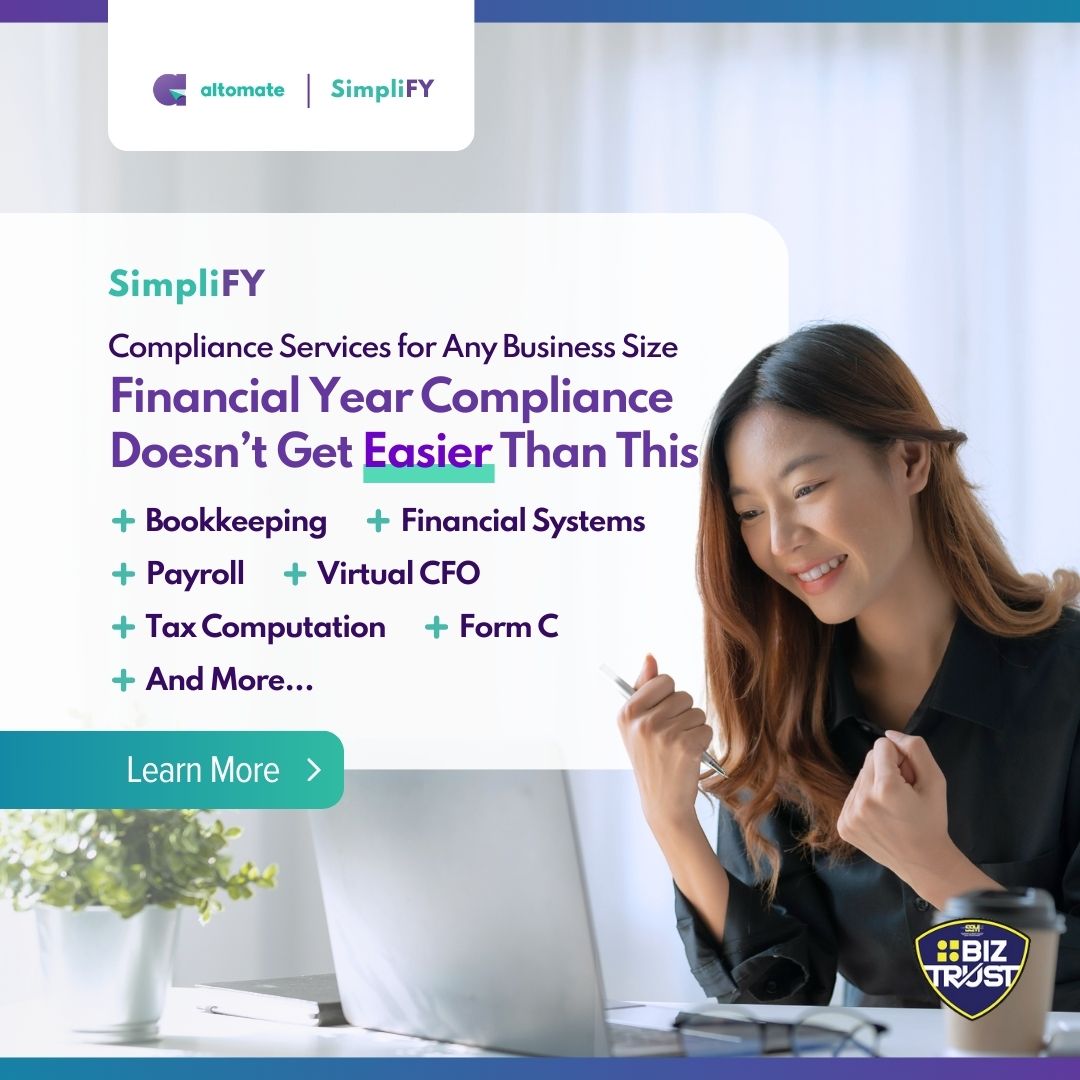Introduction to Beneficial Ownership
As a business owner or compliance professional in Malaysia, understanding beneficial ownership and its reporting framework is crucial. But what exactly is beneficial ownership, and why does it matter?
Beneficial ownership refers to the natural persons who ultimately own or control a legal entity, such as a company or trust. In recent years, the Malaysian government has taken significant steps to enhance the beneficial ownership reporting framework, aligning with international standards and best practices.
This initiative aims to promote transparency, strengthen anti-money laundering measures, and foster a more secure business environment. Let’s dive into why this matters and how it affects your business.
Importance of Beneficial Ownership
- Promoting Transparency: Knowing who truly owns companies enhances transparency. This helps regulatory authorities, financial institutions, investors, and the public make better decisions and assess risks more accurately.
- Combating Financial Crimes: With clear information on beneficial owners, authorities can more effectively track and tackle illicit activities like money laundering, terrorist financing, and corruption.
- Enhancing Corporate Governance: When the true owners of a company are known, it boosts accountability and reduces conflicts of interest. This transparency fosters trust among investors and contributes to economic growth.
- Fostering a Fair Business Environment: Transparency in ownership ensures a level playing field, preventing unfair practices and promoting competition based on merit and innovation. This encourages economic progress and entrepreneurial spirit.
- Compliance with International Standards: Adhering to global standards, such as those set by the Financial Action Task Force (FATF), strengthens Malaysia’s regulatory framework and international reputation, facilitating trade and investment.
By prioritizing beneficial ownership, Malaysia aims to create a transparent, fair, and robust economy that attracts investment, supports sustainable growth, and protects the interests of all stakeholders.
Legal Requirements for Beneficial Ownership Reporting in Malaysia
Now that we understand the importance, let’s look at the legal framework governing beneficial ownership reporting in Malaysia:
- Companies Act 2016: Requires companies to maintain and update a register of beneficial owners.
- Anti-Money Laundering, Anti-Terrorism Financing and Proceeds of Unlawful Activities Act 2001 (AMLA): Mandates reporting entities to conduct customer due diligence and identify beneficial owners.
- Malaysian Anti-Corruption Commission (MACC) Act 2009: Empowers the MACC to investigate cases related to corruption, which may involve beneficial ownership information.
- Guidelines and Directives: Issued by regulatory bodies like the Companies Commission of Malaysia (SSM) and the Central Bank of Malaysia (BNM), providing detailed guidance on reporting requirements.
As a business owner or compliance professional, staying updated on these legal developments is crucial to ensure your company’s compliance.
Persons Responsible for Beneficial Ownership Information in Malaysia
The roles and responsibilities regarding beneficial ownership information for companies in Malaysia are as follows:
- Board of Directors
- Ultimate Responsibility: Ensure the company exercises its powers under subsections 60C(1), (2), and (3) of the Company Act 2016 to obtain beneficial ownership information from its members or anyone believed to be a beneficial owner.
- Recording and Maintenance: Once beneficial owners are identified, ensure the information is recorded in the register of beneficial owners as per subsection 60C(4) and kept at the registered office in line with subsection 60B(2).
- Accuracy and Updates: Maintain accurate beneficial ownership information in the register at all times. Ensure the company updates the register when there are changes or incorrect particulars, as stipulated in subsections 60C(5) and (6).
- Members of the Company
- Respond to Notices: If a member receives a notice under subsection 60C(1) or (3), they must inform the company if they are a beneficial owner and provide relevant information, including criteria under paragraphs 27 or 29 of the Guidelines.
- Identify Beneficial Owners: Indicate other beneficial owners by name and provide sufficient particulars to enable their identification.
- Non-Members Notified under Subsections 60C(2) and (3)
- Respond to Notices: Confirm and inform the company if they are a beneficial owner or if they know or believe someone else to be a beneficial owner.
- Provide Identification: Indicate other beneficial owners by name and provide sufficient particulars for their identification, similar to the obligations of members.
- Company Secretary/Agent
- Record-Keeping: Ensure beneficial ownership information is entered into the register of beneficial owners according to section 60B of the Company Act 2016.
- Lodging Changes: Lodge any changes to beneficial ownership information with the Registrar as required by subsections 60C(5) and (6).
- Beneficial Owners
- Notification: Notify the company if they are a beneficial owner and provide relevant information as required under subsections 60D(1), (2), and (3).
- Update Information: Inform the company of any changes to their particulars in the register, including when they cease to be a beneficial owner, and provide the date and details of cessation.
- Respond to Notices: Confirm and reply to notices issued by the company under subsections 60C(5) and (6).
By fulfilling these responsibilities, all parties help ensure the accuracy, transparency, and compliance of beneficial ownership information in Malaysia.
How to Identifying The Beneficial Owners
Under Section 60A of the Company Act 2016, a beneficial owner is defined as a natural person who ultimately owns or controls a company, including those who exercise ultimate effective control over it. Here’s a breakdown of the key concepts and criteria for identifying beneficial owners:
- Ultimate Ownership or Control: This includes direct ownership of at least 20% of the company’s shares or effective indirect interest in the same proportion. It also encompasses individuals who exercise significant influence or control over the company’s management, even if they hold less than 20% of shares or voting rights.
- Ultimate Effective Control: Refers to individuals who, despite holding less than 20% of shares or voting rights, have significant control or influence over the company’s decisions or management. This control can be formal or informal, and such individuals are often accustomed to acting under their direction or wishes.
Criteria for Identifying Beneficial Owners
For companies limited by shares, beneficial owners are determined based on the following criteria:
- Criteria A: Holds directly or indirectly at least 20% of the company’s shares. This includes joint interests, joint agreements, and nominees.
- Criteria B: Holds directly or indirectly at least 20% of the voting shares. Voting shares grant rights to vote on company matters and may vary based on share type.
- Criteria C: Has the right to exercise ultimate effective control, whether formal or informal, over the company or its management. This includes individuals whose recommendations are consistently followed by majority shareholders or who have dominant influence over the company.
- Criteria D: Has the power to directly or indirectly appoint or remove directors who hold the majority of voting rights at board meetings.
- Criteria E: Is a member who, through an agreement with other members, controls a majority of the voting rights in the company.
- Criteria F: Holds less than 20% of shares or voting shares but exercises significant control or influence over the company.
Identifying beneficial owners is a critical process for ensuring transparency and accountability within companies. By clearly defining who ultimately owns or controls a company, including those with significant influence or control, the regulatory framework aims to prevent financial misconduct and promote fair business practices.
Understanding the criteria for beneficial ownership ranging from direct shareholding to significant control over company decisions helps companies accurately report and maintain ownership information. This transparency not only fosters trust among stakeholders but also aligns with international standards for combating financial crimes.
By adhering to these guidelines, companies contribute to a more transparent, equitable, and compliant business environment, supporting both regulatory objectives and overall economic integrity.








